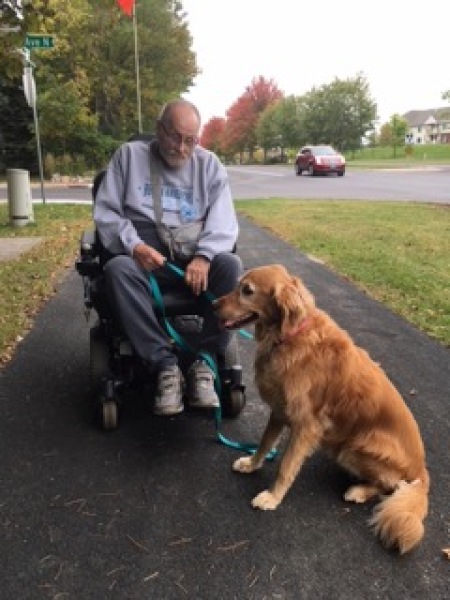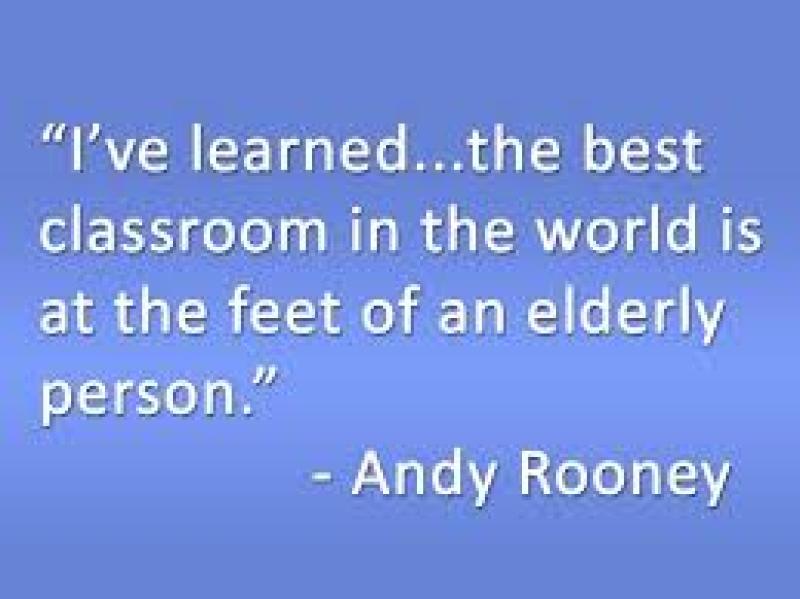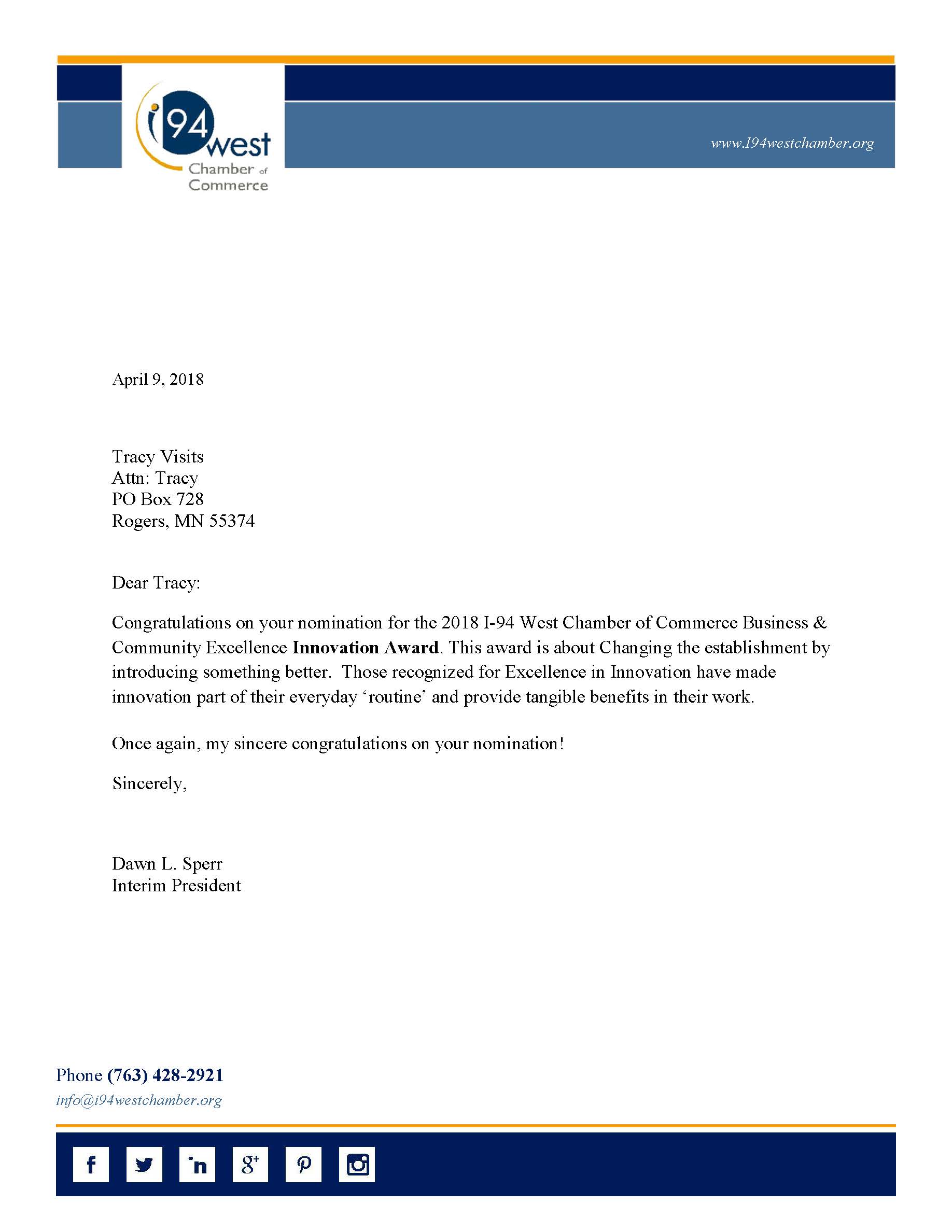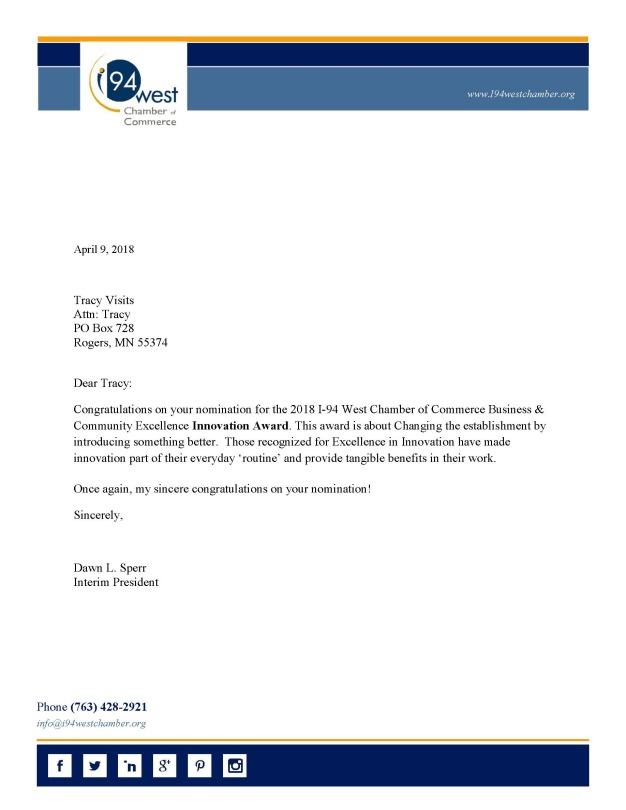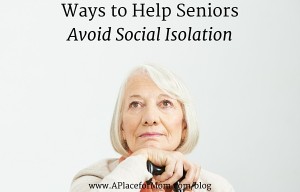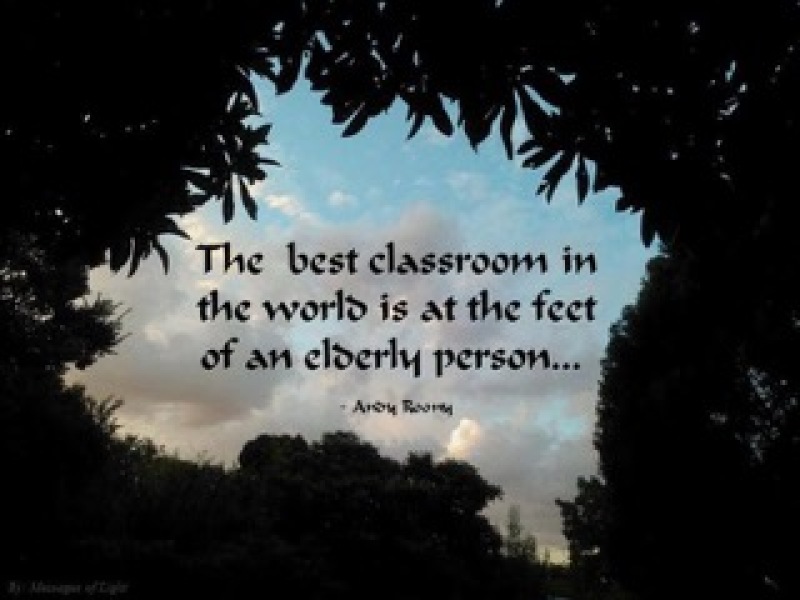The summer months mean a lot of wonderful get-togethers. We attend weddings, family celebrations, reunions, time at cabins, vacations, BBQ’s, etc. Tracy Visits would like to share a few suggestions/tips on helping make conversation time, with our elderly loved one’s gratifying, memorable, enjoyable and less stressful.
- Listen with your ears, eyes and compassionate heart. BE PATIENT.
- Make eye contact; sit at their level and focus on their words. Put away your cell phone. Avoid anything that will distract from the conversation. Speak slow.
- Be patient and wait for them to answer questions. Sometimes it takes a few moments for them to process and think about the question and their answer. Don’t get frustrated when events, dates or stories aren’t remembered. Try not to correct them. Be patient and remember; correct dates or how events happened….. isn’t critical. Stick to one topic at a time.
- Respect and love no matter where they are mentally or physically. The aging process with the ailments and physical limitations that go along with this are not asked for. Being sympathetic helps reduce the anxiety that goes along with these limitations. Speak louder if they are hearing impaired; but don’t shout.
- Be patient when hearing stories you may have already heard. We tell the same stories many times because they bring joy. Retelling funny and happy memories is wonderful for everybody; no matter the age. Let them share their joyful experiences!
- Remind them what a pleasure it is to spend time with them. Tell them you enjoy their stories and insight. Give them a hug, but be gentle as arthritis in shoulders and arms can be painful.


 One of our clients, who is not very vocal; but she listens; looks; observes and will use two to three word comments during our visits. When our visits first began, I would ask for permission to give her a hug; now it is a two and three hug visit! When I walk into the room she smiles and extends her arms out, waiting for a hug. This client has become more positive; engaging, and holds my hand. The feelings of trust and acceptance this client now has during our visits is the ongoing gift to Tracy Visits! This client has opened up enough to say, “I Love You”. The family was amazed she said these words; truly a gift!
One of our clients, who is not very vocal; but she listens; looks; observes and will use two to three word comments during our visits. When our visits first began, I would ask for permission to give her a hug; now it is a two and three hug visit! When I walk into the room she smiles and extends her arms out, waiting for a hug. This client has become more positive; engaging, and holds my hand. The feelings of trust and acceptance this client now has during our visits is the ongoing gift to Tracy Visits! This client has opened up enough to say, “I Love You”. The family was amazed she said these words; truly a gift!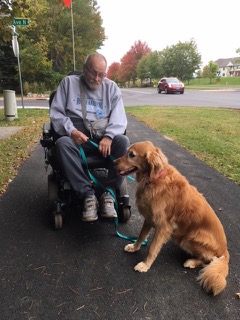 has started to sing in front of me. A very private and proper gentleman who is now showing his love for music. He gives the gift of his funny songs and songs from musicals that he loved to watch during his life. The hugs he gives are also now something he waits for when arriving for the visit and when the visit is over. His family shakes their heads learning that he is singing and giving hugs!
has started to sing in front of me. A very private and proper gentleman who is now showing his love for music. He gives the gift of his funny songs and songs from musicals that he loved to watch during his life. The hugs he gives are also now something he waits for when arriving for the visit and when the visit is over. His family shakes their heads learning that he is singing and giving hugs!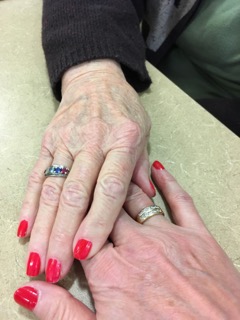 nowing our visits, with our clients, are anticipated and so appreciated, brings such joy and affirmation that Tracy Visits is truly giving something that can’t be measured with material or monetary value. The benefits we are seeing, hearing and experiencing from our clients, from each visit, is a gift back to us!
nowing our visits, with our clients, are anticipated and so appreciated, brings such joy and affirmation that Tracy Visits is truly giving something that can’t be measured with material or monetary value. The benefits we are seeing, hearing and experiencing from our clients, from each visit, is a gift back to us!